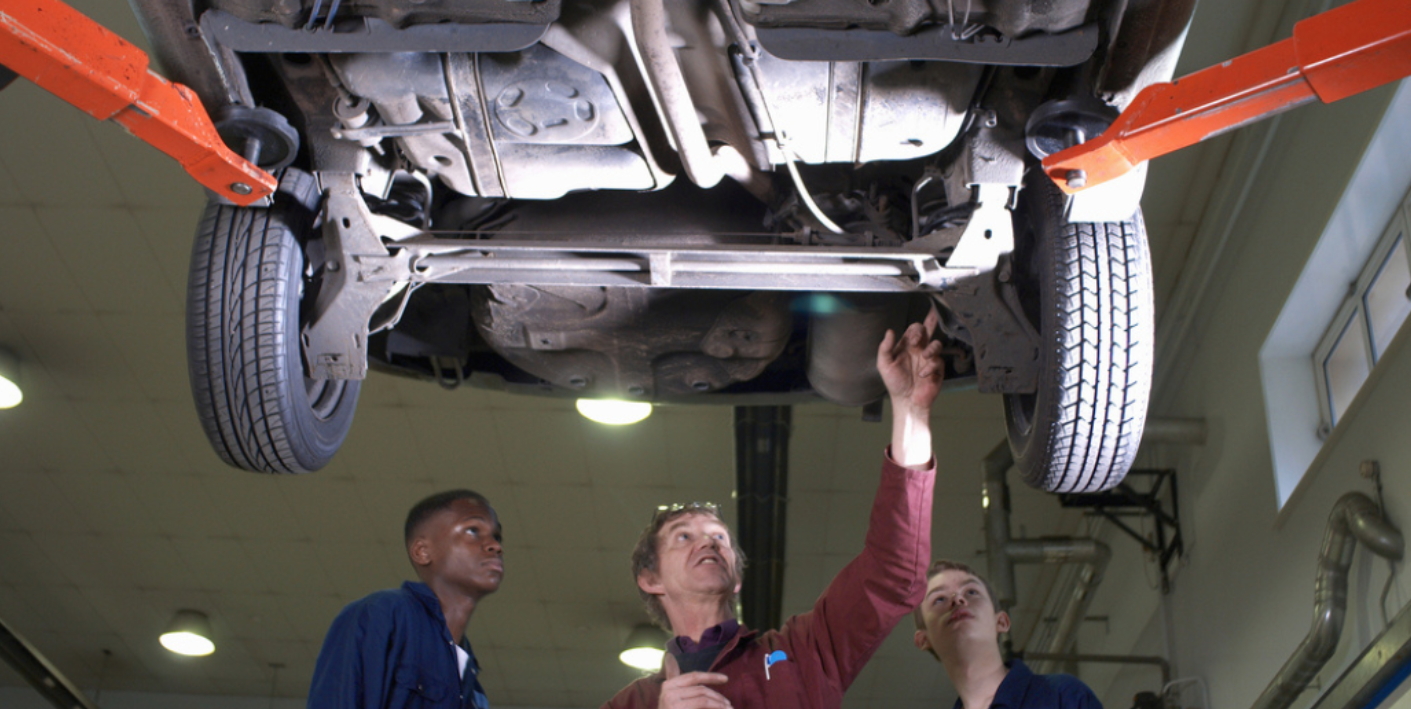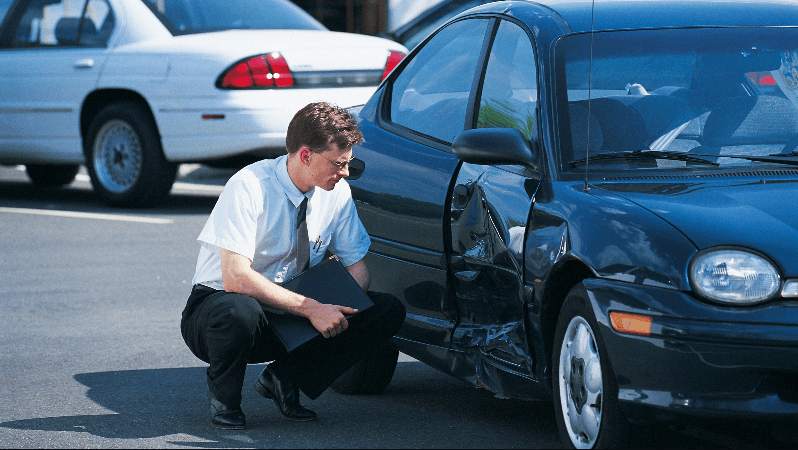Your vehicle’s appraised value is more than just a number—it determines your trade-in value, the purchase price in private sales, and even your insurance payouts. Many car owners leave money on the table by undervaluing their cars during the appraisal process, whether they’re selling to a private buyer, trading it in, or filing for insurance purposes.
This guide will walk you through everything from online appraisals to professional services, helping you navigate the current market like a pro and ensuring an accurate valuation of your car.
DOWNLOAD: “How to Avoid Undervaluing Your Vehicle’s Appraised Value”.PDF
Why Your Vehicle’s Appraised Value Matters
Understanding your car’s appraised value ensures you’re not undervaluing your vehicle during key moments like:
- Trade-Ins: Dealers use your car’s trade-in value to determine how much they’ll credit toward your next purchase.
- Private Sales: Knowing the sale price that matches your car’s worth gives you an edge when negotiating with buyers.
- Insurance Coverage: For insurance purposes, your car’s appraised value determines payouts for claims or repairs.
By aligning your appraisal with the current market conditions, you’ll get a more accurate valuation and avoid undervaluing your vehicle.
Common Mistakes That Lower Appraised Value
Here are some mistakes that could lower your car’s value:
- Skipping the Appraisal Process: Relying on outdated estimates or guesses instead of consulting an accurate valuation.
- Neglecting Repairs: Issues like scratches, dents, or mechanical failures can significantly lower your trade-in value or private sale price.
- Ignoring Accident History: Buyers and appraisers consider accident history when determining your car’s appraised value. Vehicles with an accident on record are often appraised lower unless repaired professionally.
Fixing these errors ensures your car remains competitive in the current market.
Factors That Impact Your Vehicle’s Worth
The following factors are key to determining your car’s appraised value:
- Condition: Cars in excellent condition command higher sale prices in both private sales and dealerships.
- Mileage: Lower mileage generally increases a vehicle’s trade-in value and desirability in common markets.
- Accident History: A clean accident record raises your car’s value, while unrepaired damage from accidents lowers it.
- Market Trends: The current market and demand for specific vehicle types—like SUVs or EVs—play a huge role.
- Types of Appraisals: Different situations call for specific types of appraisals, whether for resale, trade-ins, or insurance claims.
By accounting for these factors, you can better prepare for an accurate appraisal.
Tips to Maximize Your Appraised Value
Want to get the best deal? Follow these tips:
- Hire a Master Appraiser: A professional appraisal service, such as the Auto Appraisal Group, offers precise valuations based on your car’s market position.
- Repair and Detail: Fix dents and clean thoroughly to improve your car’s sale price.
- Compare Appraisal Options: Use both online appraisal tools and professional appraisers for the most accurate valuation.
Whether for trade-ins or private sales, these tips ensure you maximize your car’s value in the current market

How Maintenance Affects Vehicle Value
Cars with a solid maintenance history often have better appraisals. Regular oil changes, tire rotations, and brake checks show that your vehicle has been well cared for.
Professional appraisers and insurance companies look at these records when determining your vehicle’s fair market value for insurance coverage or claims. Poor maintenance, on the other hand, can lower both your trade-in value and purchase price.
Market Trends and Your Car’s Value
Market trends in the automotive industry can drastically impact your car’s value. For example:
- Fuel Prices: Higher fuel prices increase demand for fuel-efficient cars.
- EV Growth: Electric vehicles and hybrids have higher resale values in certain regions.
- Seasonality: SUVs and trucks tend to perform better in winter markets, while convertibles sell well in summer.
Staying aware of market conditions and current market trends will help you sell at the right time.
Why a Professional Appraisal Is Worth It
Investing in a professional appraisal service pays off. Here’s why:
- Accurate Valuations: Professionals like the Auto Appraisal Group provide documentation of your car’s true value.
- Better Negotiations: Appraisal certificates give you leverage during private party sales or trade-ins.
- Insurance Purposes: A detailed appraisal helps you claim the correct amount from your insurance company.
Using appraisers who specialize in different types of appraisals ensures that you’re fully prepared for any situation.
Preparing Your Vehicle for a Higher Appraisal
To maximize your car’s value, follow these steps:
- Clean and Detail: Clean the interior and exterior to impress buyers or appraisers.
- Fix Minor Damages: Replace worn tires, repair scratches, and ensure everything functions properly.
- Use Professional Services: A master appraiser can highlight your car’s strengths during the appraisal process.
These steps can significantly increase your car’s trade-in value or resale price.
Using Online Tools for Appraisal Estimates
Tools like Kelley Blue Book and Edmunds can help you get an estimate of your car’s value. These platforms are especially helpful for:
- Checking Trade-In Value: Know what to expect before going to a dealership.
- Comparing Sale Prices: See how your car stacks up against similar vehicles in the current market.
While online tools provide convenience, combining them with a professional appraisal service gives you the most reliable results.
Diminished Value After an Accident
An accident reduces your car’s value, even after repairs. Here’s what you should know:
- What Is Diminished Value?: This is the difference in your car’s worth before and after an accident.
- Insurance Coverage: File a diminished value claim with your insurance company to recover some losses.
- Accurate Valuation: Professional appraisers can document the extent of the diminished value for your claim.
If you’ve been in an accident and need to file a diminished value claim, consider getting a free review of your vehicle’s loss in value. Visit Diminished Value Carolina for expert guidance and an accurate quote to ensure you receive the compensation you deserve.
Conclusion
Your car’s appraised value determines its sale price, trade-in value, and even your insurance coverage. By understanding the appraisal process, hiring professionals like the Auto Appraisal Group, and keeping up with market conditions, you can unlock your car’s true worth.
Are you ready to maximize your vehicle’s value and get the fair price you deserve? Start today!
Frequently Asked Questions
What is a vehicle’s appraised value?
A vehicle’s appraised value is the estimated worth of your car based on factors like condition, mileage, accident history, and current market trends. It’s used for private sales, trade-ins, and insurance purposes.
How does accident history affect a car’s value?
Accident history can lower your vehicle’s appraised value, even if the car has been repaired. Buyers and appraisers often consider this when providing an accurate valuation, and it may require filing a diminished value claim to recover losses.
Can online tools like Kelley Blue Book provide an accurate appraisal?
Yes, tools like Kelley Blue Book are great for estimating your car’s value based on the current market. However, for a more accurate appraisal, consulting a professional appraisal service is recommended.
How can I prepare my car for an appraisal?
To increase your car’s value:
- Provide maintenance records to show a good care history.
- Clean it thoroughly.
- Fix minor damages (e.g., scratches, dents).





